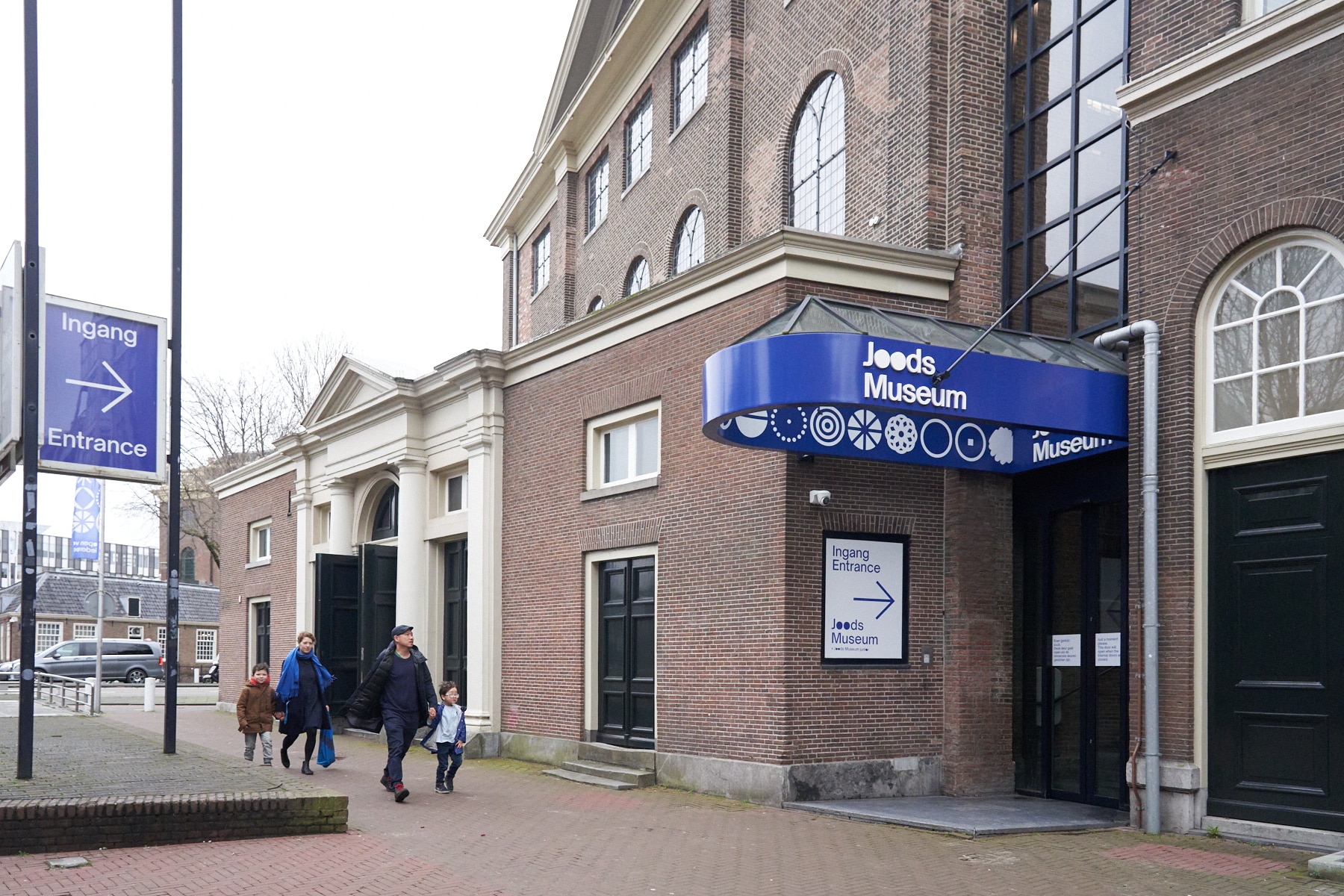 Conference
Conference
Annual Conference 2024 in Amsterdam
From Crisis to Creativity: Resilience and Renewal in Jewish Museums This year’s conference, hosted by the Jewish Cultural Quarter Amsterdam, will…

London – England
host: Jewish Museum London
September 11-13, 2017
In September the AEJM and the Learning Team of the Jewish Museum London organized a museum education study tour to London, focusing on accessibility and inclusivity of museums. Over the course of 2.5 days (Sep 11-13) an international group of 25 educators from across Europe visited London.
The programme kicked off with different lightning talks on access and inclusion by British sector professionals. Sharon Heal, director of the Museums Association, introduced the group to the Association’s campaign for museums to develop their role as socially purposeful organizations and work with their communities to deliver positive social impact. Claire Madge from the blog Tincture of Museum focused on the Autism Spectrum and the practical changes museums could implement to make them more accessible for autistic visitors. Agnes Chevalier introduced the philosophy, practice and challenges of the design work for museums of Tactile Studio.
The AEJM educators network also showcased four projects from its own institutions: Whose Museum is it?, a collaborative project from the Jewish Museum Berlin with a school from Berlin-Kreuzberg to make the museum more accessible for educationally disadvantaged groups; Museum in a Box, a project by the Jewish Museum London that aims at engaging students of all abilities with museum objects; Museum in Signs, a collaborative project of different museums in Amsterdam (including the Jewish Cultural Quarter) that focused on making these museums more accessible for the deaf community; and the participatory educational programme Intercultural Tours involving migrants in Warsaw by POLIN Museum of the History of Polish Jews. MiQua Jewish Museum in the Archaeological Quarter in Cologne presented how this major new museum project plans to become as accessible as possible to all visitors.
At the V&A the group was welcomed by Disability and Access Officer Barry Ginley, who introduced his work and his challenges both as a professional and as visually impaired museum visitor. Together with his guide dog Sky, Barry toured us around the galleries looking at design solutions to touch stations and objects.

Dawnosaurs, the autism quiet mornings at the Natural History Museum, was introduced by Jane Samuels, Access & Equality Manager, and Ronel Verwoerd, coordinator of the Autism Spectrum Disorder Friendly Programme. This free event lets children (5-15y.) on the autism spectrum enjoy the Natural History Museum with their families and siblings, free from the hustle and bustle of the general public.

At the Science Museum, Sevinc Kisacik, Event Producer for the accessible programmes at the museum, presented the SIGNtific family programme for deaf and hard of hearing children and their families. Coming from the deaf community himself, Marcel Hirshman also shared his experiences in shaping SIGNtific and working with the programme and its audiences.

The team of the Shakespeare’s Globe introduced our group to the work of the Globe and its activities for those living with dementia. Access Manager David Bellwood and Events Manager Rebecca Casey discussed the specific challenges of the Globe’s building and presented the difficulties and opportunities they encountered when creating special programming for these visitors.
Maria Popielawska, accessibility specialist at the Museum of the History of Polish Jews Polin shared her reflections a few weeks after returning from the London study trip: “While sharing experience and know-how from the visit with my colleagues, I realized that there is a deep interest in the topic. This inspired me to hold a presentation for my education department team on “Accessibility and Inclusion – how to do it? Observation from educational workshop in London”. The know-how was so relevant, that I was offered the opportunity to share my experience and thoughts on accessibility and inclusiveness for the whole team of museum.”
Report London Study Visit Maria Popielawska
 Conference
Conference
From Crisis to Creativity: Resilience and Renewal in Jewish Museums This year’s conference, hosted by the Jewish Cultural Quarter Amsterdam, will…
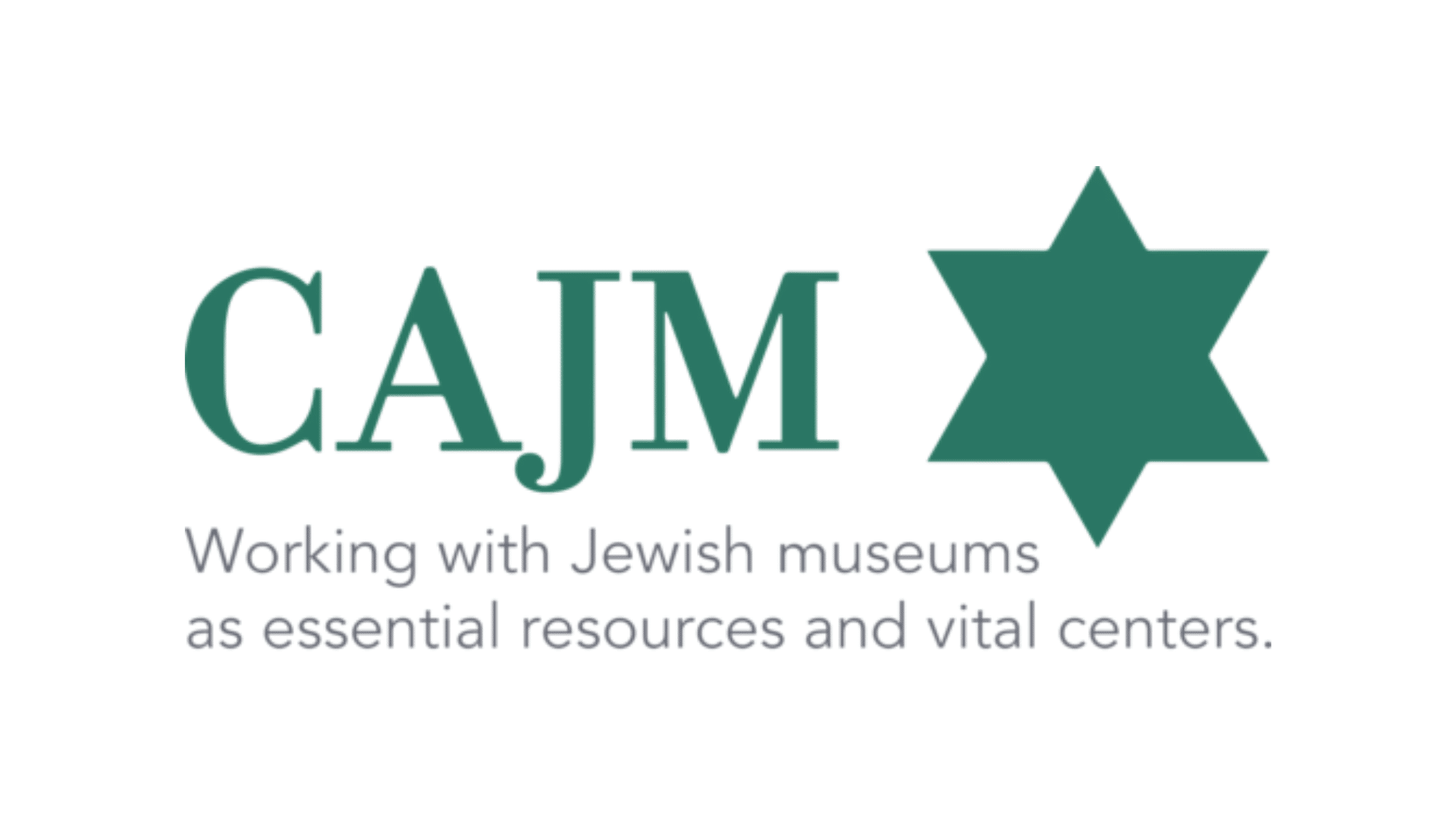 Related
Related
Our friends at CAJM are hosting their annual conference in Washington D.C. and Baltimore from May 14-16. You can find the conference program and purchase…
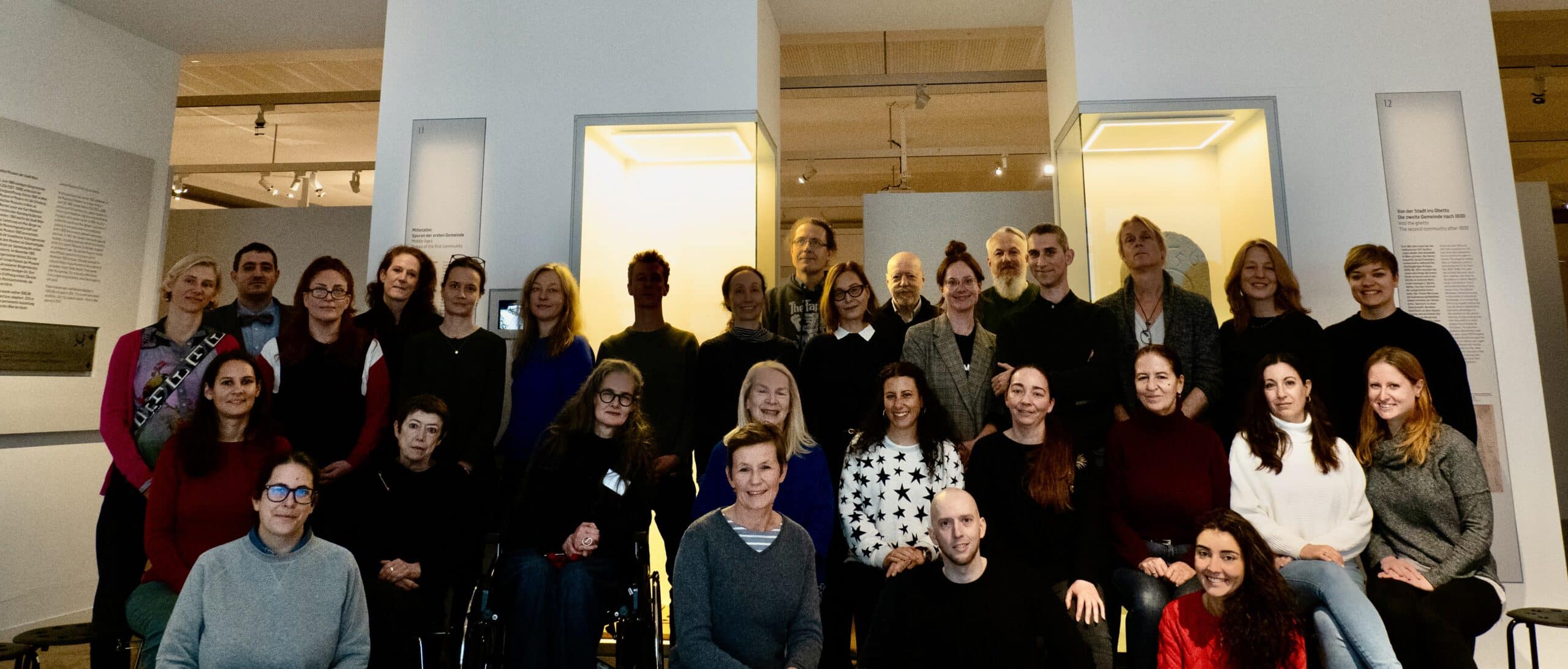
The AEJM Curatorial Education Program 2022 took place from November 14th until November 18th. Our home base was Vienna, and the…
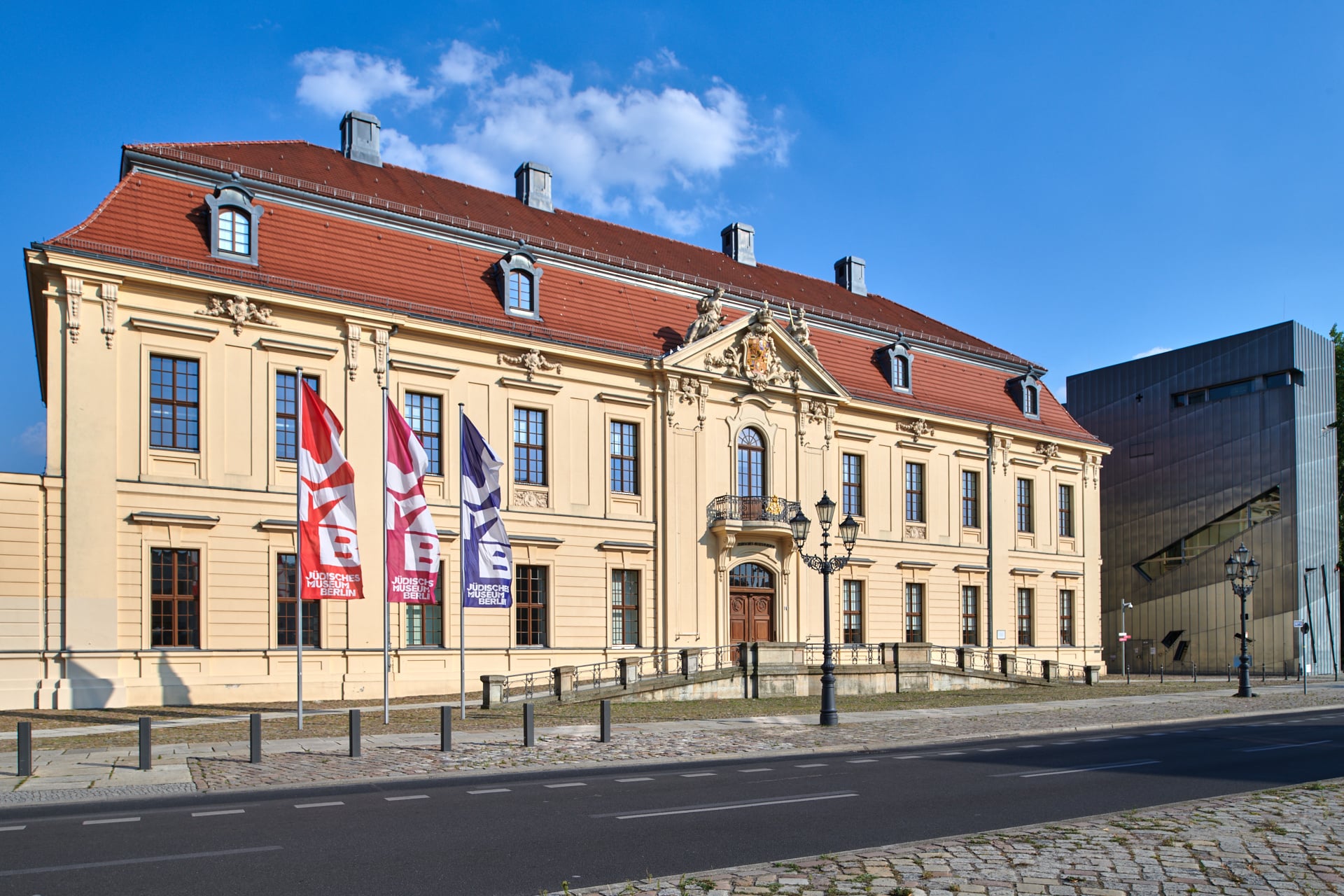
AEJM’s upcoming Annual Conference will take place in Berlin and is being hosted by the Jewish Museum Berlin. This year’s conference…
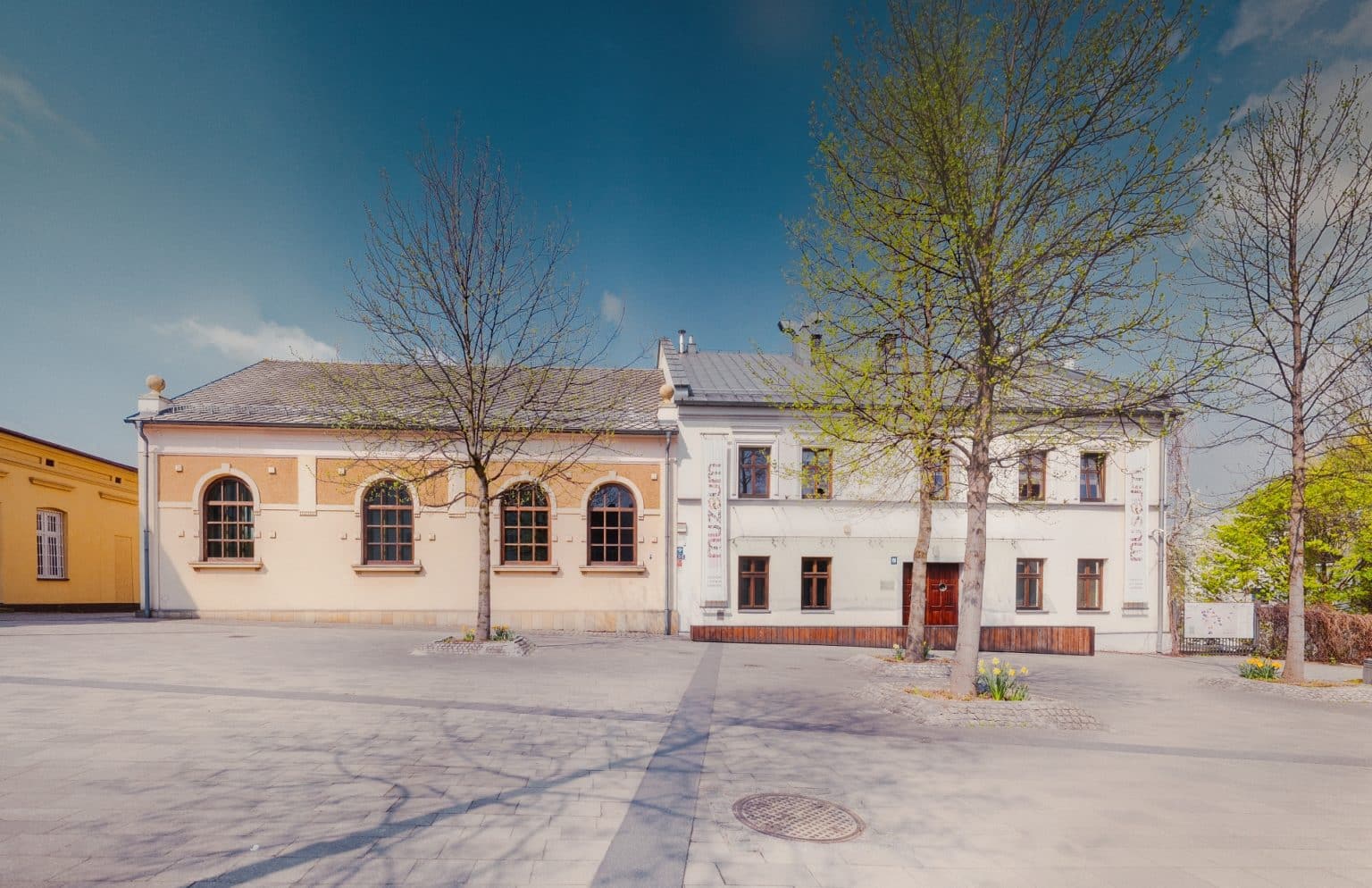
In this MEST Get to Know session, the educational team from the Oshpitzin Jewish Museum in Oświęcim (Poland) will present their…
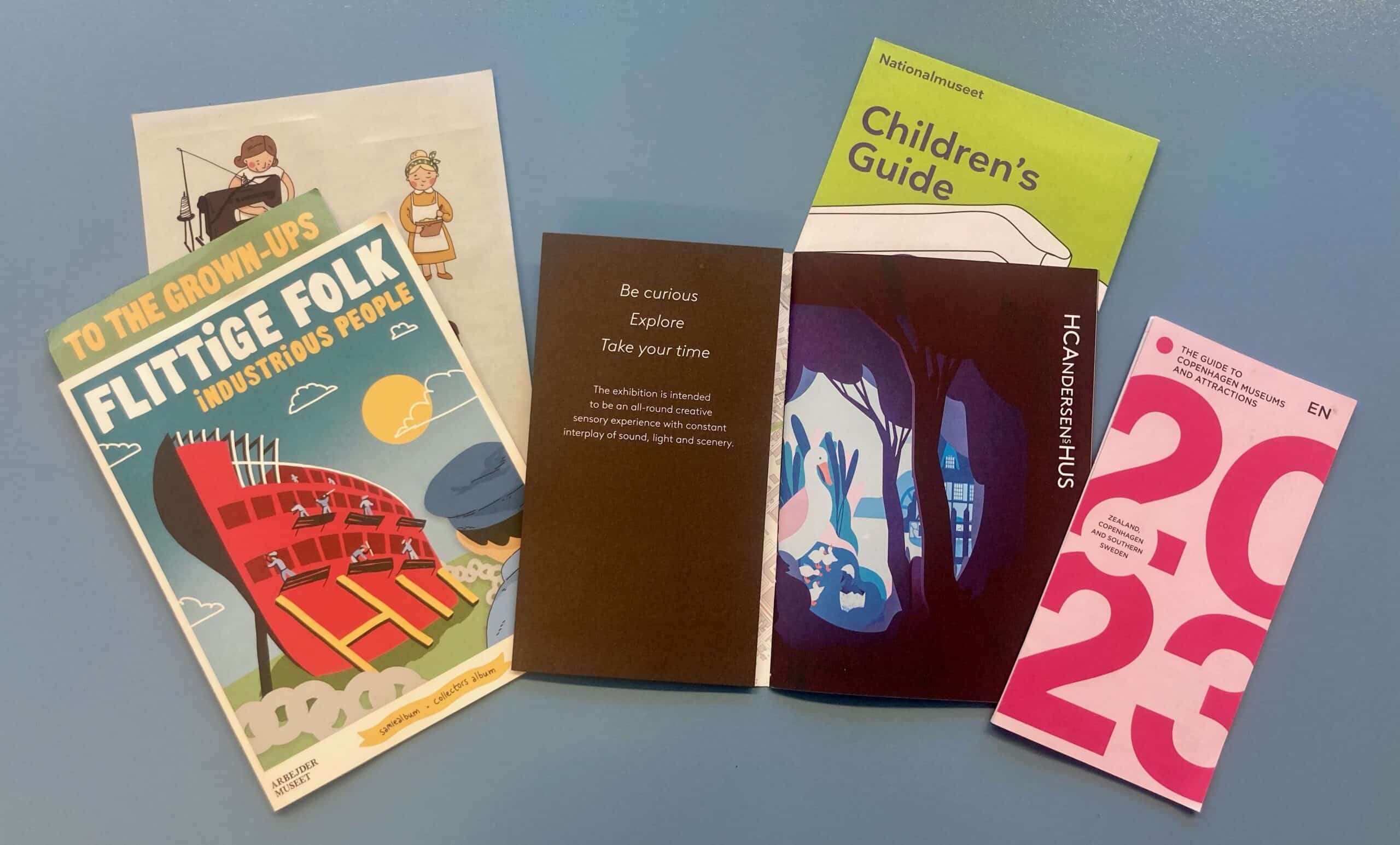 Upcoming Educational
Upcoming Educational
The AEJM MEST study visit for museum educators will take place from 12 until 14 June. Join an exciting 3-day program…